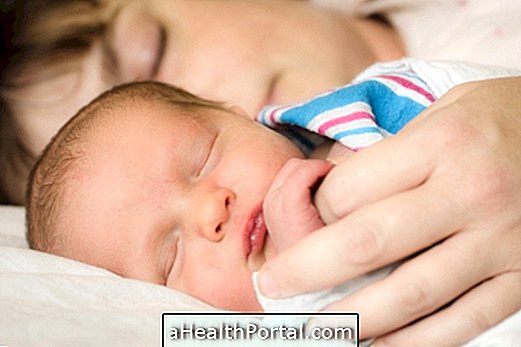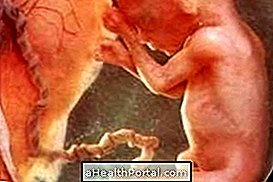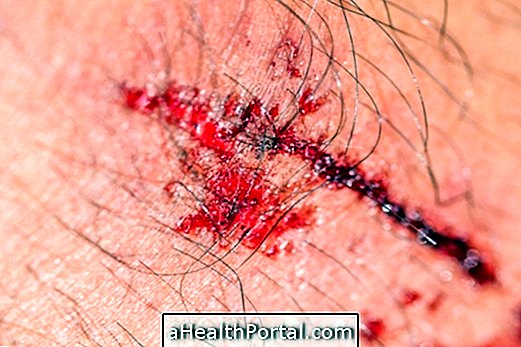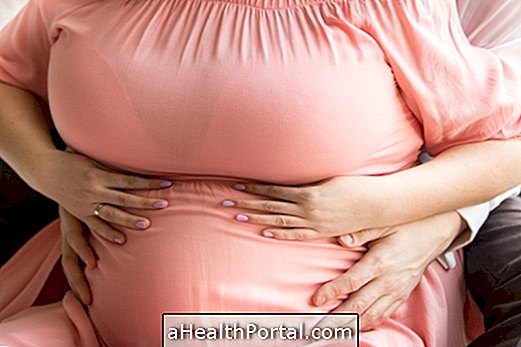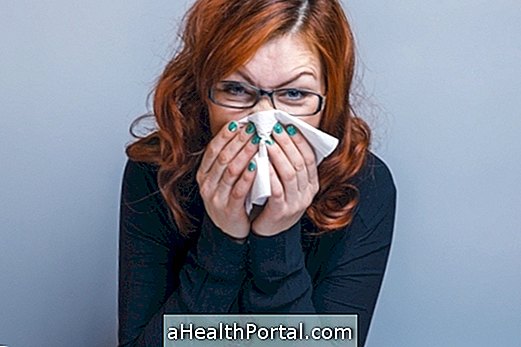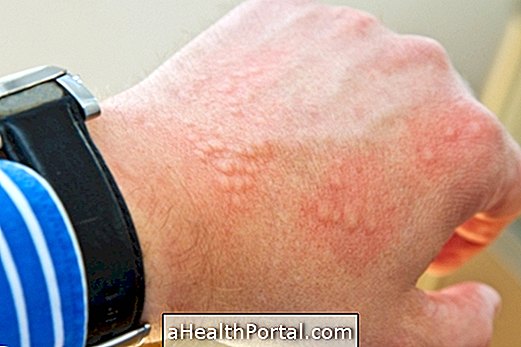Dengue in pregnancy is dangerous because blood clotting is decreased and this can cause the placenta to break off and cause an abortion or premature delivery. But if the pregnant woman is well guided by a doctor and follow the treatment correctly, there will be no risk for her or the baby.
Thus, the risks of dengue in pregnancy include:
- Abortion in early pregnancy;
- Premature birth;
- Bleeding;
- Convulsions;
- Liver involvement;
- Kidney failure.
These rich ones are larger when the pregnant woman is infected at the beginning or the end of the pregnancy, however, if the treatment is followed correctly, the dengue in the pregnancy does not cause risks in the pregnant woman or baby.

Dengue in pregnancy can harm the baby
In general, dengue does not affect the development of the baby, but if the mother has dengue at the end of the pregnancy, the baby can be infected and present with fever, red plaques and tremors in the first few days, needing to be hospitalized for treatment.
Thus, the prevention of dengue is very important, especially in pregnant women, and therefore the use of picaridine-based repellents, such as exposis gel, can be used to prevent the development of a new dengue disease in pregnancy.
How Dengue Treatment Is Done in Pregnancy
The treatment of dengue in pregnancy is usually done in the hospital, so the pregnant woman has to be hospitalized for exams, resting, receiving serum through the vein, as well as taking analgesic and antipyretic medicines such as Paracetamol to control the reduce any possible risks such as miscarriage or bleeding.
However, in mild cases of dengue in pregnancy, treatment can be done at home with rest, use of Paracetamol and increased water intake to keep the pregnant woman hydrated.
In cases of hemorrhagic dengue in pregnancy, treatment is always done in the hospital, with hospitalization, and it may be necessary for the pregnant woman to receive blood transfusions.
See other ways to prevent yourself in:
- Dengue prevention
- Homemade citronella repellent for dengue
